


I heard you.
Yes, you. You who reached out on Instagram. Who gave feedback after the PFMG. Who e-mailed. Who met me at a conference. Who wants MORE. Wants... Better. Better for your patients and you.
Well, this is it. This is exactly what you need.
This team of 5 pediatric feeding SLPs have put together an epic course filled to the max & it's going to blow your mind.
New Dates Coming Soon!
STAY UP TO DATE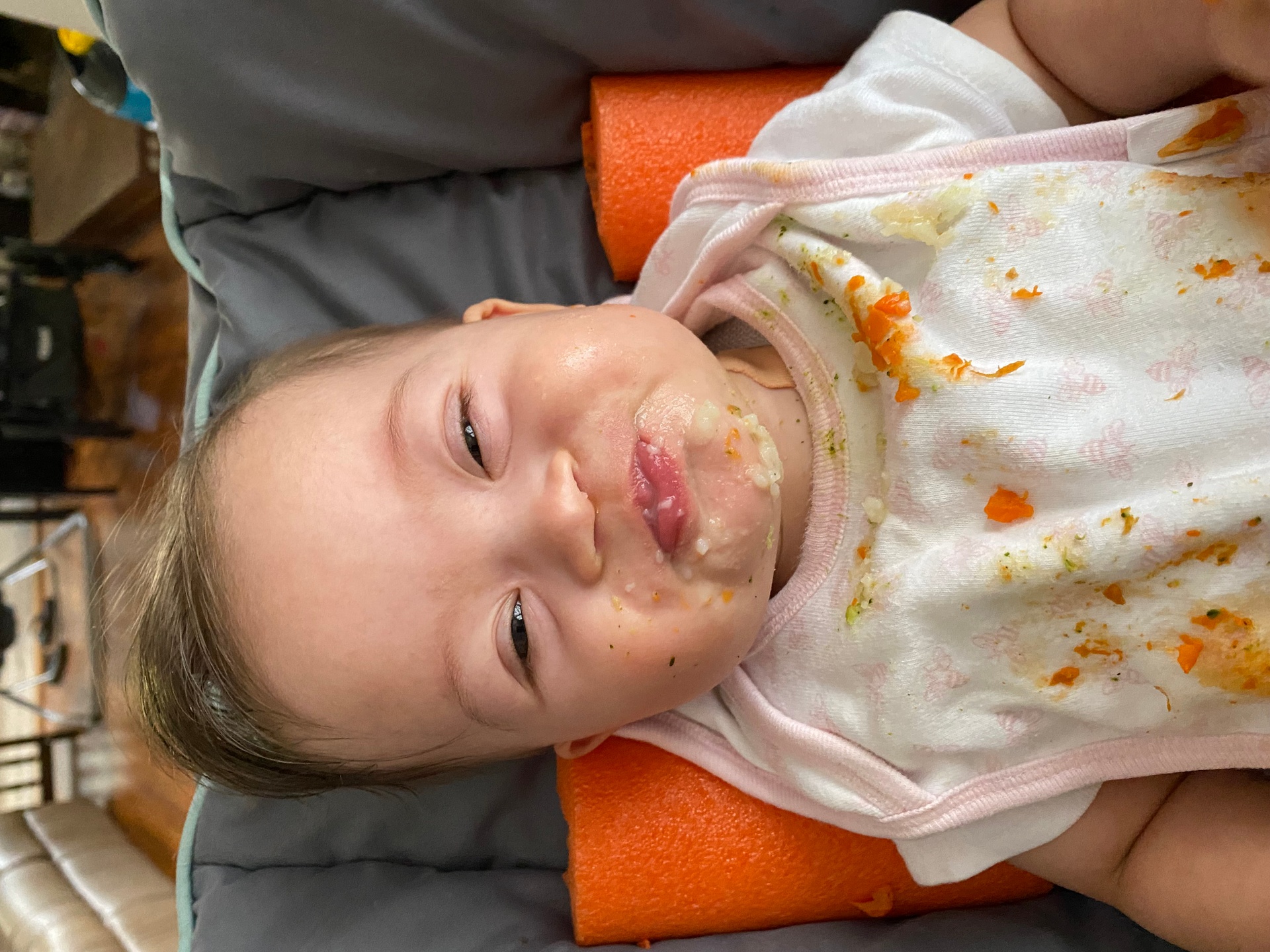
What's included in the Advanced PFMG?
Modules
Resources
Live Sessions
Private Community
Be a Better Clinician Than Me.
I'm not kidding. When talking to the other mentors of this group during creation, I (Bri) said that and meant it.
I want you to complete this course & feel confident in not just how to assess and treat even the most complex patients, but also how to continue to be an active participant in your future learning. This is what the APFMG is all about!
Course Outline
Over 31 continuing education hours taking a SUPER deep dive into the topics listed. It is WAY too much to include in a brief description, but this is not basic level information for each topic. This is extensively researched nitty gritty information.
Fall Cohort Happening Now!
BE NOTIFIED FOR THE NEXT ONEModule 1
Assessment & Multidisciplinary Diagnostics
Pre-Recorded Module: 2 hours 10 minutes
- Diagnostics completed by speech-language pathologist: 88 minutes
- When to NOT pick up a patient
- Diagnostics completed by other disciplines and their relevance to PFDs: 42 minutes
- E.g. delayed emptying test, electroencephalogram
Handouts
- Pros/Cons and Reason for Referral for FEES vs. VFSS
- Assessment of Common Associated Diagnoses
- Mealtime Journal/Log
Module 2
Oral Dysphagia & Interventions
Pre-Recorded Module: 3 hours 53 minutes
- Underlying Diagnoses: 31 minutes
- Tongue Tie and Other Tethered Oral Tissues: 36 minutes
- Oral Dysphagia Therapy Theories and Principles: 34 minutes
- Intervention Strategies & Application: 1 hour 48 minutes
- e.g. Advancing mastication skills
- Lingual lateralization
- ROM, strength, endurance, & coordination
- Sensory Modifications
- Orofacial Myofunctional Therapy: 10 minutes
- Case Studies: 11 minutes
- Bonus Video: Paced Bottle Feeding Example: 3 minutes
Handouts
- Oral Skill Progression
- Troubleshooting Straw/Open Cup for Caregivers
- Specialty Bottle Types
Module 3
Pharyngeal and Esophageal Dysphagia & Interventions
Pre-Recorded Module: 2 hours 12 minutes
- Aspiration & Oral Care: 33 minutes
- Interventions: 1 hour 17 minutes
- Thickeners
- Sensory Modification of Bolus
- Neuromuscular Electrical Stimulation
- Systematic Weaning
- NPO
- Pharyngeal Case Studies: 9 minutes
- Esophageal Disorders - What is our role?: 7 minutes
- Aerodigestive Case Study: 6 minutes
Handouts:
- Oral Care for Birth to 6+ years
- Systematic Weaning Protocol & Tips for Implementing
Module 4
Tube Weaning
Pre-Recorded Module: 1 hour 5 minutes
- What is the feeding therapist's role in tube weaning?: 11 minutes
- Signs of Readiness
- Deep Dive into the Research on Methods for Weaning: 27 minutes
- Behavioral, Biomedical, Family/Child-Led
- Intensive Weaning Programs
- Combination
- Special Considerations: 10 minutes
- Taking a Break
- When a Complete Wean Isn't Feasible
- Case Studies: 17 minutes
Handouts:
- Signs of Readiness
- Methods for Weaning (with supporting research)
Module 5
Complex Medical Diagnoses
Pre-Recorded Module: 2 hour 28 minutes
- Neurology Review and General Considerations: 23 minutes
- Neurological Diagnoses: 53 minutes
- Regressive Diseases & Complex Genetic Diagnoses: 44 minutes
- F-words in Childhood Disability: 19 minutes
- Difficult Conversations & Considerations: 9 minutes
- **Case studies of various ages/diagnoses are built within these modules
Handouts:
- Neurological Diagnoses Intervention Considerations
Module 6
Trauma Informed Care in PFDs
Pre-Recorded Module: 1 hour 2 minutes
- Why is This Important: 10 minutes
- Potential Signs of Trauma in Pediatrics: 19 minutes
- What is Trauma-Informed Care & Strategies to Implement: 31
- Resources to Learn More: 2 minutes
Handouts:
- Six Key Principles
- Resources to learn more
Module 7
Cleft & Craniofacial Diagnoses
Pre-recorded Module: 2 hours 4 minutes
- Speaker Introduction, Disclosures, and Course Outline: 3 minutes
- The role of the Speech-Language Pathologist on the Cleft and Craniofacial Team & Pre-surgical Infant Orthopedics and Feeding Impact: 24 minutes
- Feeding Considerations and Interventions for a child with cleft lip and palate: 55 minutes
- Craniofacial Conditions & Feeding Considerations: 17 minutes
- Pierre Robin Sequence
- Genetic Syndromes
- Case Studies: 25 minutes
Handouts
- Surgical Procedures & Timeline
- Cleft Bottle Systems
Module 8
Oncology, Acute, & Palliative Care
Pre-Recorded Module: 2 hours 52 minutes
- Oncology in Pediatrics and Feeding/Swallowing Implications: 57 minutes
- Acute Care: 1 hour 13 minutes
- Trach & Vent
- Speaking Valves
- Palliative Care Considerations: 42 minutes
- Pleasure Feeds/Risk Feeding
- Quality of Life Considerations
- **Case studies built in within each module
Handouts:
- Childhood Cancer Reference Sheet
- MBSS/VFSS and FEES Guide
Module 9
Neonatal Intensive Care Unit
Pre-Recorded Module: 1 hour 52 minutes
- Overview of fetal development, sensory systems, and synactive theory of development: 17 minutes
- Assessment and Evidence-based NICU Approaches & Complex Diagnoses: 35 minutes
- Case Studies: 13 minutes
- NICU Follow-Up Post Discharge: 23 minutes
- Networking in NICU & Post Discharge: 24 minutes
Handouts:
- Sensory System Development
- Evaluation Considerations
- Resources
Module 10
Breast/Chestfeeding and Lactation
Pre-Recorded Module: 3 hours 29 minutes
- Introduction and Assessment: 1 hour 5 minutes
- Latching Process: 31 minutes
- Interventions: 1 hour 9 minutes
- Tethered Oral Tissues: 11 minutes
- Common Concerns & Interventions: 22 minutes
- Case Studies: 11 minutes
Handouts:
-
Benefits of Breastmilk for Infant and Caregiver
-
Readiness Cues for Feeding
-
Breast/Chestfeeding Calculations
-
Breast/Chestfeeding Positions and Potential Benefits
- Breast/Chestfeeding Common Concerns & Recommended Interventions
Module 11
Neurodiversity & Cultural Considerations
Pre-Recorded Module: 2 hours 38 minutes
- Cultural Considerations: 32 minutes
- Neurodiversity Affirming Care Overview & Principles: 27 minutes
- Strengths-Based Assessment: 18 minutes
- ARFID: 20 minutes
- NDA Principles in Feeding Therapy: 18 minutes
- NDA Strategies: 32 minutes
- Case Examples: 11 minutes
Handouts:
- Neurodiversity Affirming Care Principles & Resources
- Cultural Competence: Practices and Resources
- Autism & PFD: Common Characteristics
- ARFID: What is it & What is our role?
Module 12
Goal Writing & When to Discharge
Pre-Recorded Module: 35 minutes
- Goal Writing: 27 minutes
- SMART-C Goals
- Neurodiversity Affirming Goals
- Quick Tips
- Goal Examples
- Discharge Considerations: 8 minutes
- ASHA Standards and Ethics
Handouts:
- SMART-C Goals
- Goal Writing Quick Tips
- Neurodiversity Affirming Goal Considerations
Module 13
Evidence-Based Practice & Continued Active Learning
Pre-Recorded Module: 1 hour 48 minutes
- Evidence-Based Practice: 9 minutes
- Is it actually a triangle?
- How to implement EBP
- What happens when part of EBP is missing?
- Navigating and interpreting research: 1 hour 28 minutes
- Searching, accessing, reading, and appraising
- Biases and fallacies
- Application to practice
- Pseudoscience in Feeding Therapy: 11 minutes
Handouts:
- Resource for implementing Evidence-Based Practice
Meet the Mentors
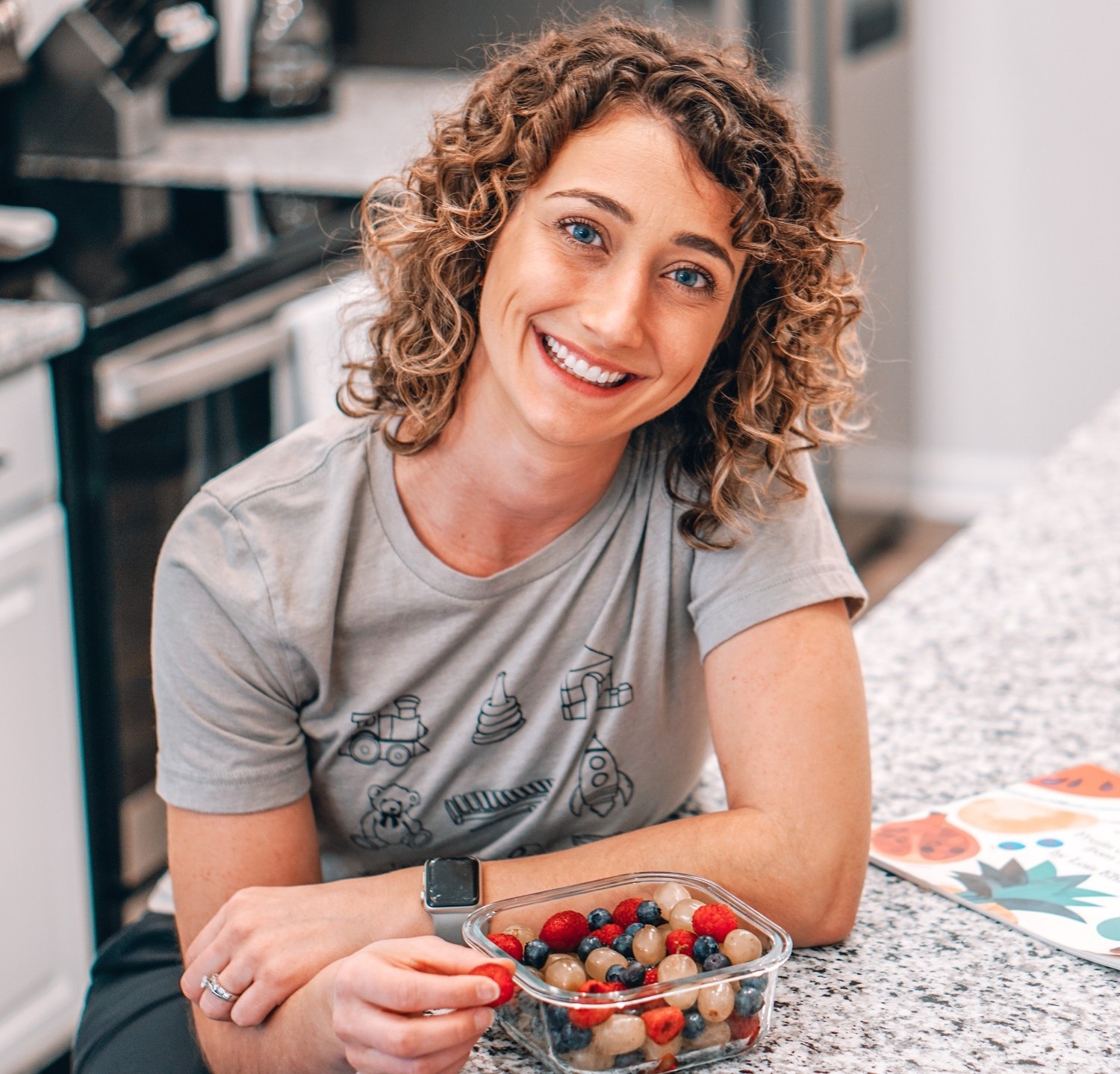
Brianna Miluk, MS, CCC-SLP, CLC
Bri is a speech language pathologist with a clinical focus on infants and medically-complex children with feeding and swallowing disorders. She is also a PhD Candidate with a research focus on pediatric feeding misinformation on social media with the University of Alabama. She is owner of Pediatric Feeding Therapy, LLC which strives to provide evidence-based, high quality continuing education to professionals. Bri also manages the instagram @pediatricfeedingslp and is co-host of the podcast The Feeding Pod. Bri has presented nationally and internationally on PFDs and social media ethics and misinformation.
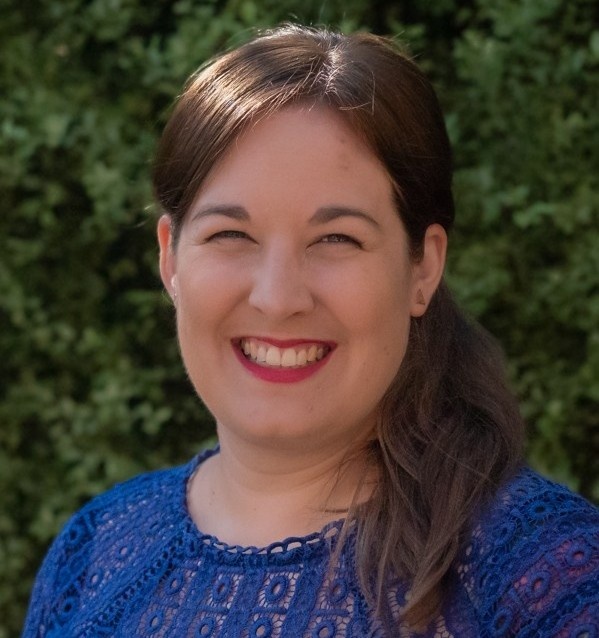
Dr. Katherine Sanchez, PhD, CPSP
Dr. Katherine Sanchez is a speech pathologist who co-owns a private practice, Protea Therapy, in Melbourne, Australia, where she works with children aged 0-6. She obtained her PhD looking at oral motor development in children born before 30 weeks of gestational age; and has also published research on communication and feeding in children with cleft palate, children with cerebral palsy, and dysregulated infants. Dr. Sanchez has a particular interest in supporting very young children with complex medical histories.

Rebecca Smith, CCC-SLP, CNT, CLC, BCS-S
Rebecca Smith is a clinical research associate at Northwestern University in the swallowing Cross-Systems Collaborative Lab. Rebecca has a Ph.D. in Health Sciences with a research focus on pediatric feeding disorders. Over the last five years, she has specialized in evaluating and treating infant feeding and swallowing in the neonatal intensive care unit and assessing adult dysphagia in medical and surgical intensive care units. She is a certified neonatal therapist and certified lactation counselor.
Rebecca has served on various local, state, and national committees. She served on the executive medical committee for Texas Speech-Language-Hearing Association, American Speech-Language-Hearing Association Special Interest Group 13, Swallowing and Swallowing Disorders Professional Development Committee, Dysphagia Research Society’s Website, Communications, and Public Relations Committee, and Dysphagia Research Society’s Diversity, Equity, and Inclusion committee. She has presented on numerous occasions through state associations and ASHA on neonatal intensive care and clinical supervision.
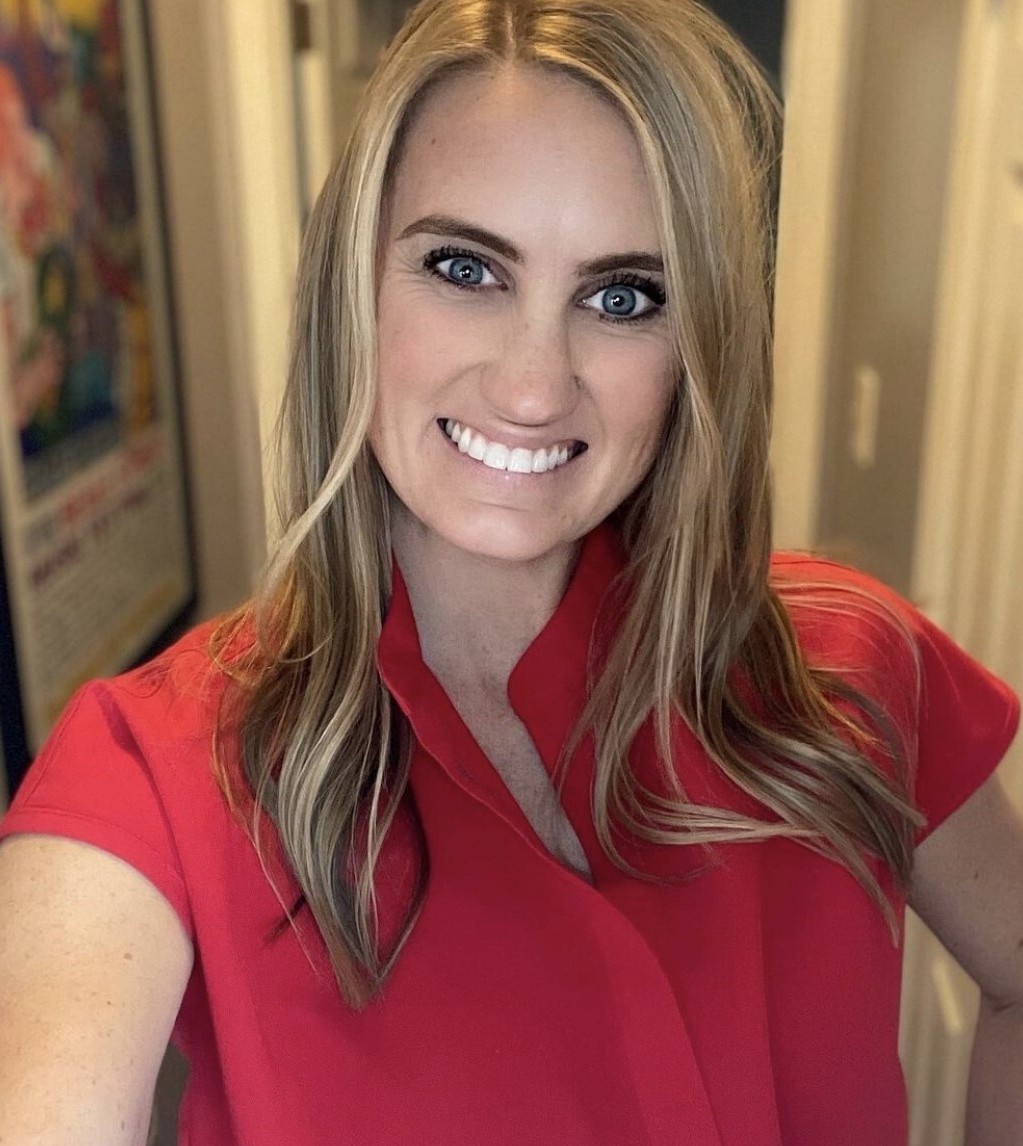
Kristin Szymanek, MA, CCC-SLP
Kristin Szymanek, MA, CCC-SLP, is a graduate of the University of Illinois at Urbana-Champaign, where she completed both her undergraduate and graduate degrees. She has 10 years of clinical experience as a speech-language pathologist, with over 8 years devoted to the pediatric oncology/hematology population. Kristin serves as the Director of Rehabilitation at St. Jude Children’s Research Hospital in Memphis, Tennessee, where she also provides acute, inpatient, and outpatient services to infants, children, adolescents, and young adults with cancer and other catastrophic diseases. Her research interests include rehabilitation for patients with posterior fossa syndrome and the comprehensive management of feeding and swallowing disorders in childhood cancer patients and survivors. Kristin strives to make evidence-based information related to childhood cancer easily accessible to speech-language pathologists and applicable to their clinical practice.
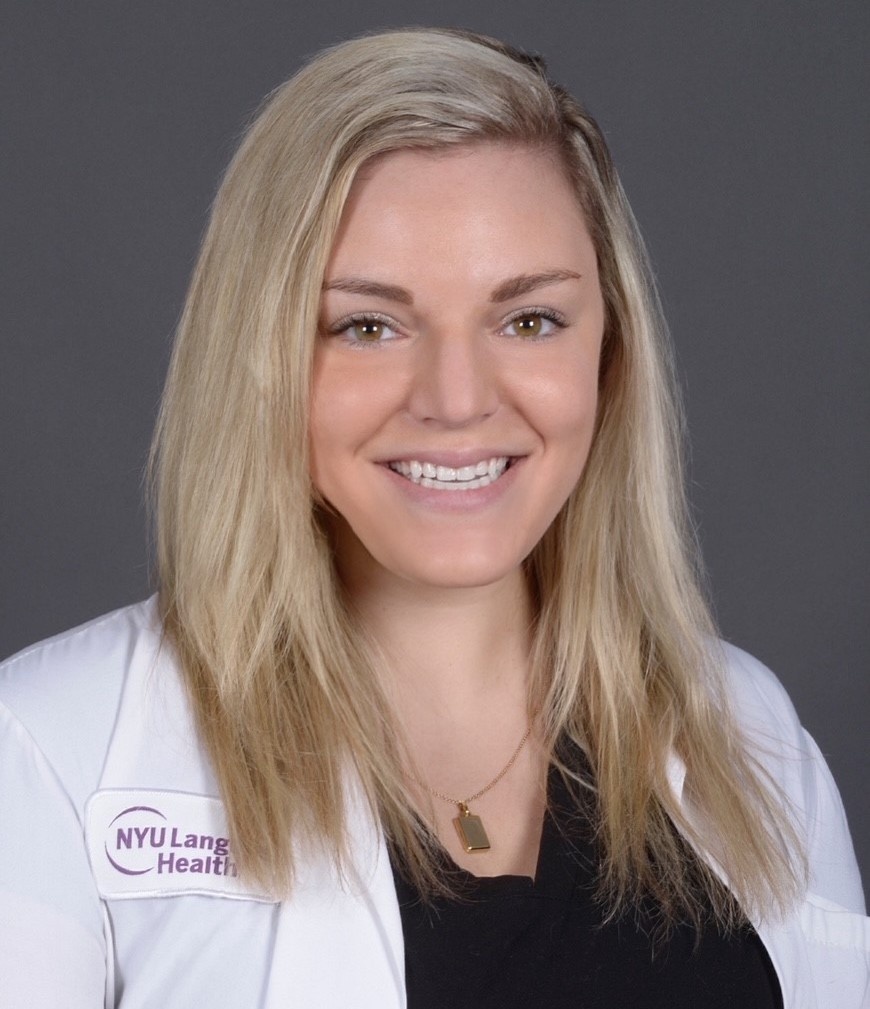
Meg Lico, MS, CCC-SLP
Meg Lico is the Cleft & Craniofacial Team Speech-Language Pathologist at the Wyss Department of Plastic Surgery at NYU Langone Health in New York, NY. She earned her Bachelors of Arts degree in Public Health at the University of South Carolina with a special focus in pediatric health promotion, education, and behavior. She earned her Masters of Science Degree in Communication Sciences and Disorders at Columbia University in New York City, and it was there that Meg developed a specialized interest in working with the cleft palate and craniofacial population. Meg completed her clinical fellowship at a children’s hospital in outpatient pediatrics and developed a rich experience working with children including, but not limited to, those diagnosed with cleft palate/craniofacial disorders, cerebral palsy, down syndrome, autism, and seizure disorders. In her free time, Meg also enjoys exploring the city and going to the beach. She loves a good iced coffee and has a passion for tasty plant-based food.
Additional Course Information
REGISTER HERELearner Outcomes
What to Expect After Signing Up
How to Earn ASHA CEUs
DEI & Ethics ASHA CEUs
Target Audience
Disclosures
Pricing
Refund and Grievance Policies


